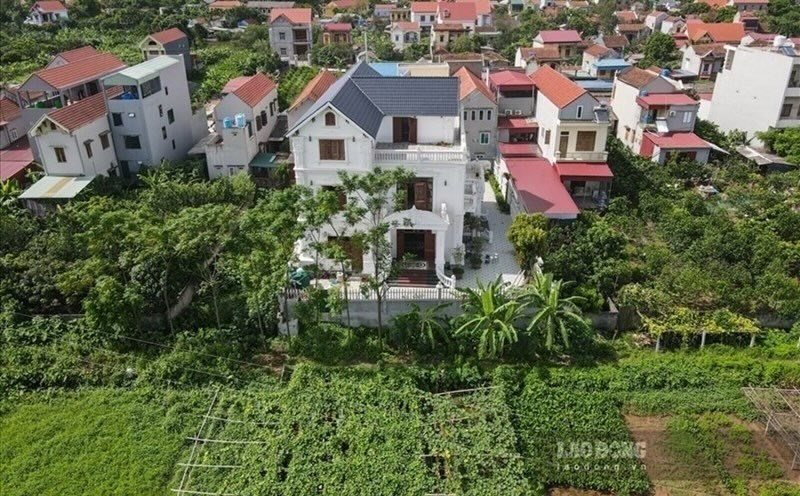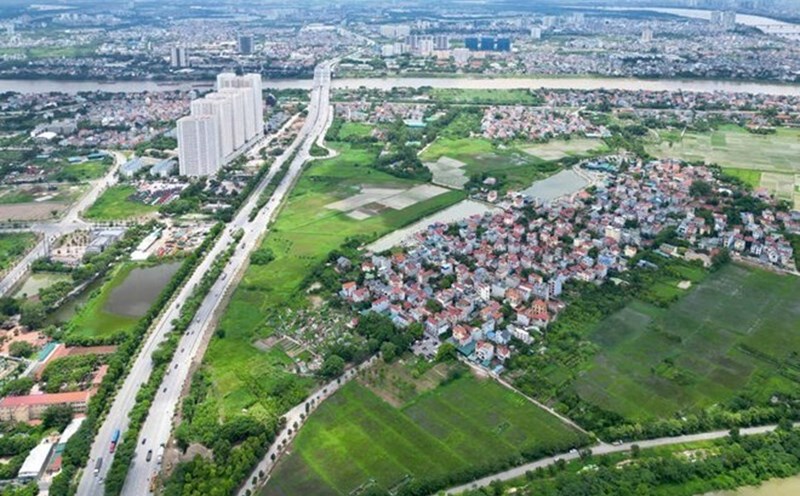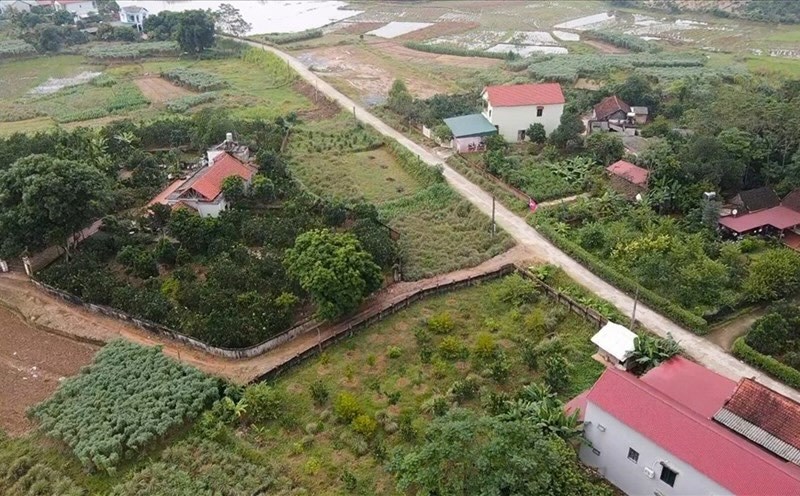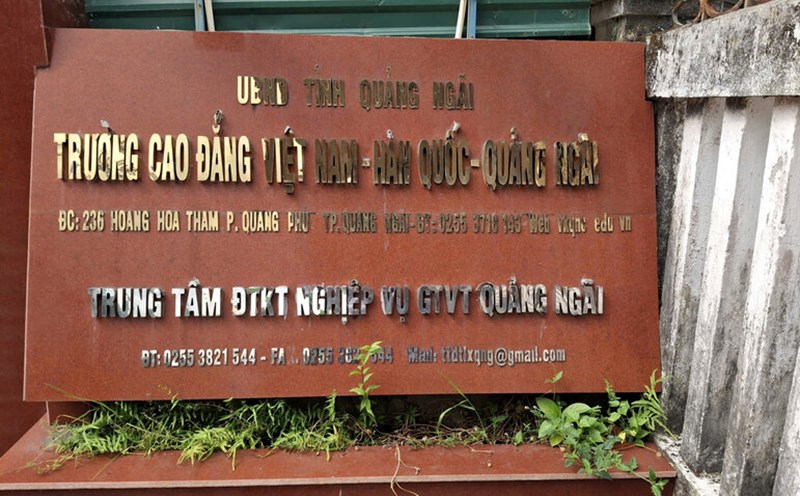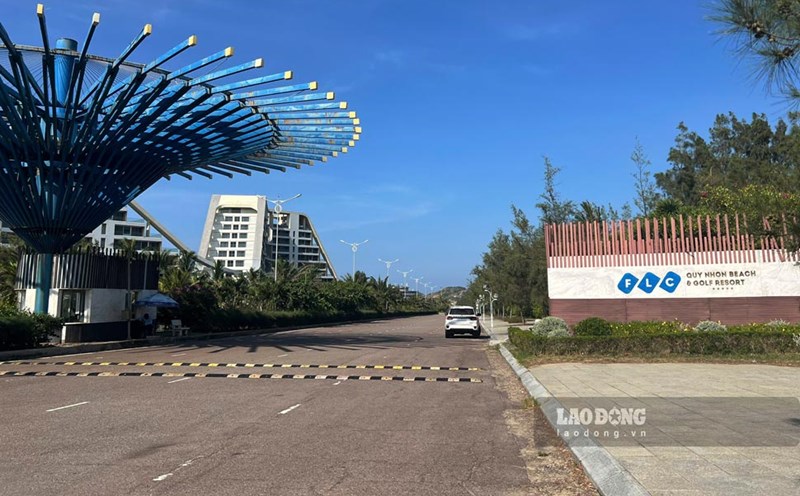Informing at a recent seminar on land prices and land taxes, Novaland representative said that this company has 13 projects that have been allocated land since 2015, 2016, but up to now, there has been no announcement from the tax authority. And there must be a notice for the enterprise to be able to pay land use fees. Typically, the RichStar project was given a figure of VND689 billion by the Ho Chi Minh City Valuation Council in 2016, but when submitted to the City People's Committee, it was stuck in reviewing the origin of the land.
Up to now, nearly 10 years have not had specific figures. Not to mention, the business has not paid land use fees, meaning the project has not been granted a certificate, affecting the business, because it causes customers to lose trust and the brand's reputation is affected. The project is still idle but cannot mobilize capital, and cash flow cannot run.
The director of a real estate company in Ho Chi Minh City also commented that in the past, land valuation for projects was very slow. A typical example is the project of his company in the old District 7 after nearly 8 years with nearly 200 documents of state agencies that have just had results with specific land use fees approved. Because the project has not been valued for too long, the enterprise is in a difficult situation.
That shows that the stage of determining land use fees for projects is still cumbersome, prolonged and causes costs to increase. In particular, when converting land use to residential land, the payable amount often increases sharply, creating a great burden on businesses and affecting business plans.
It is known that currently, the Ministry of Finance and the Ministry of Agriculture and Environment have submitted to the Government a plan to amend Decree 103/2024 on methods of determining land use fees and Decree 71/2024 on the development of land price lists. One of the proposals is to apply the 5-year land price list issued by the State, and at the same time supplement the K coefficient annually.
With those options, to shorten the time, the Ho Chi Minh City Institute of Natural Resources and Environment Economics recently proposed allowing businesses to calculate land use fees themselves based on the price list issued by the Provincial People's Committee. The tax authority only checks and settles before issuing a land use right certificate. If there is a surplus, the enterprise can be deducted to another project; if there is a shortage, it can submit additional. Mr. Pham Viet Thuan, Director, said that this mechanism is feasible because businesses have now self-declared and paid value added tax and personal income tax, so expanding to land use fees is feasible. If applied to land use fees, the procedures will be shortened, reducing the situation of thousands of billions of VND in arrears for many years.
In addition, the Institute also proposed to specifically stipulate in the Land Law the level of land use fee collection for each type of case. In which, if renting land, the amount to be paid annually is 0.5% of the land price announced by the locality; if allocated land, it is calculated according to the coefficient K determined by the locality; and when converting the land use purpose to residential land, the maximum collection rate is 30% of the land price. Cases of exemption or reduction in land use fees will apply according to the provisions of current decrees.
Incorporating these rates into the law will help provinces and cities implement immediately, without having to wait for appraisal results from councils or consulting units - which are often prolonged and easily cause gaps. This approach is expected to be more transparent, reduce cumbersome procedures and contribute to reforming the land sector, which has been considered complicated for many years.

